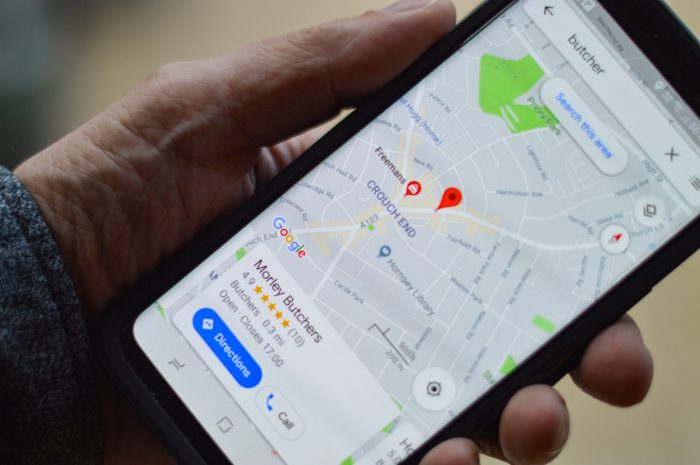If you follow current events, you’re probably familiar with many of the ways your personal information can be compromised. From corporations you trust, to blackhat hackers, your information is a valued commodity in today’s world.
Here are 4 ways your personal information is at risk, with suggestions on how you can limit your exposure.

#1. On Social Media
This isn’t about your data. We’ll get to that later.
The information you put on social media, from your personal email to your photos, can be found by more than just your “friends”. In fact, it isn’t even particularly hard for someone outside your network to gain access to that information.
Certain websites, Stalkscan.com for example, lets non-friends gain access to your social profiles. In other words, if someone wants to gain access to your social media profile, they can probably do it.
The best defense here is to at least set your social media accounts to “private”. Then, be careful what you post.

#2. Google Maps
Google maps tracks you. A lot.
Assuming you use Google’s map feature relatively often, your location is being shared almost constantly.
While you may realize the fact that a company needs your location in order to accurately guide you to your destination, you probably don’t realize that the information you allow Google to access can be used to build out a report of where you’ve been, and when.
The good news here is that Google allows its users to view the data that’s been collected on their location, and delete it. You can find the option to do this on the Google maps dashboard.
#3. How Your Data is Being Used
This is the topic that garners the most media attention. And for good reason.
When you agree to the terms of service on sites like Facebook and Google, you’re giving these companies, to varying degrees, permission to collect your personal data. This includes things like your search history, your web activity, and in some cases, your messaging history.
The most noticeable way companies use that information is to create targeted (relevant) ad’s tailored to you personally. But companies also study your data for internal research, store it, and even sell it.
A major concern about companies collecting your data is, of course, privacy. While you agreed to the terms of the website or app when you signed up to use the service, you probably didn’t read every last detail of the agreement. All the information collected on you is also at risk if the company is hacked, so be cautious about what sites you allow to collect your data.
It can be tricky to stay on top of your rights in the digital age. Take time to read user agreements, and do some research before giving a website or app permission to collect your data. It may take time, but it will be worth it in the end.
Categorised in: applications, Apps, compliance, digital, email, malware, Password, Security, virus, Website

